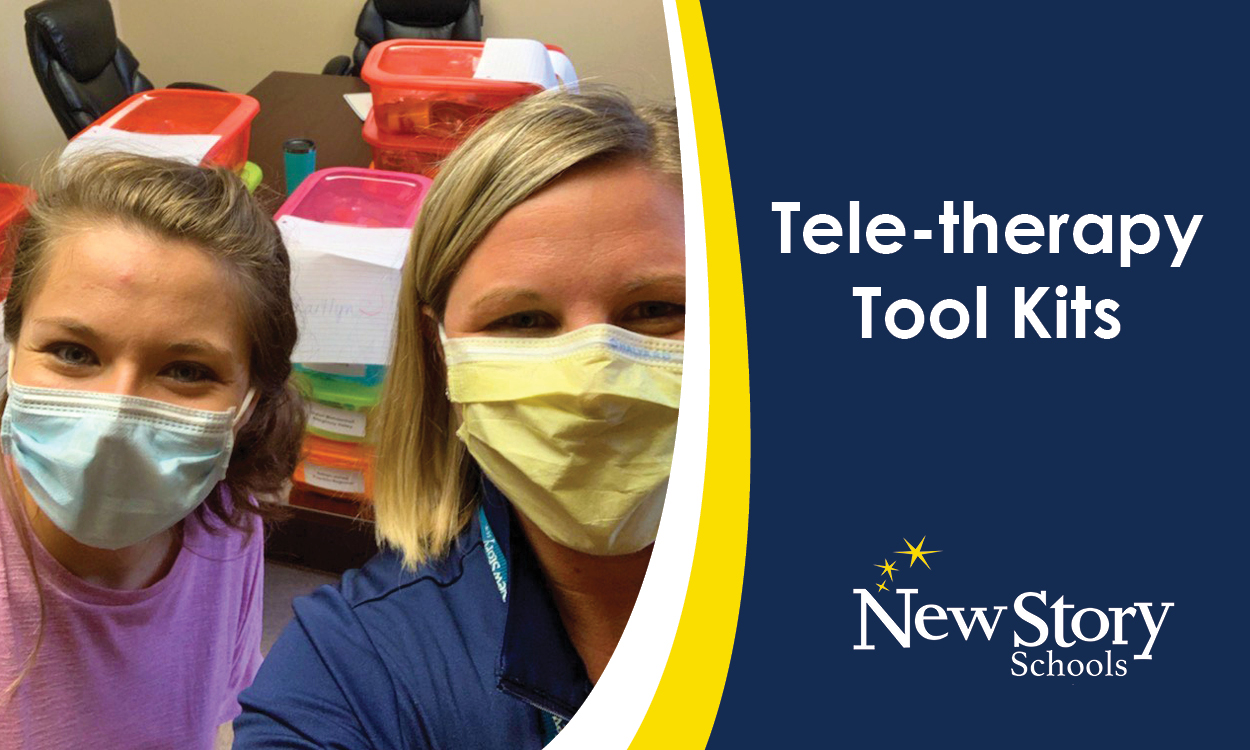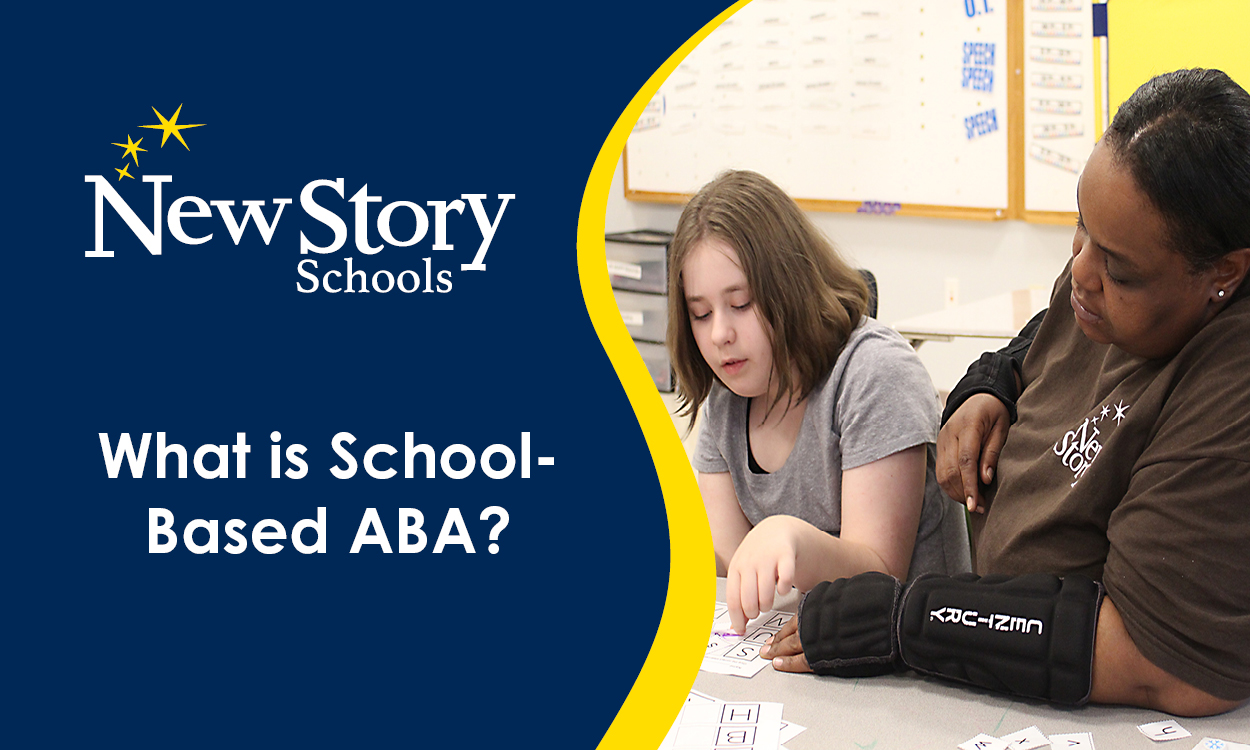Preparing Your Child For a New School
Posted: July 29, 2020 | Written By: Kara Kessel, MS, LBS, BCBA | Category: At Home Help

As an adult, imagine how nervous you might feel starting a new job or meeting a new group of people. Children may experience very similar emotions when facing a major environmental change, such as starting a new school. New rules, people and expectations, fitting in, the unknown—all of these can be difficult for a child to think about. While every child and situation are unique, there are some simple steps you and your child can take to help smooth this transition.
- Make the Unknown Known
Most anxiety comes from the unknown, so let your child start to get to know their new environment before that first day, if you can. Attend a tour of the new school with your child. Talk with your child before the visit and help write a list of his/her top five questions or concerns. You may find your child has big and small concerns, but you should assure him/her that nothing is too big or too small to share with you. This will help your child understand your support throughout the process.
- Make Your Child’s Opinion Count
Once your child has seen the new school, allow him/her to independently process the experience as appropriate. Let your child have the first opinion; hold your opinions and feedback until your child has had the chance to form his/her thoughts. Once your child discusses up to five exciting or positive features of their new school, highlight the benefits and possibilities that now exist -- excitement is contagious! Help your child build a brand-new perspective regarding their new school. Also, at this time, meaningful conversation can occur about facts, feelings and preplanning for a successful transition.
- Get Ready!
Request a schedule, materials and “need to know” information from the school. A social story may also be a helpful tool to begin discussing your child’s transition.
For example:
My new school is cool.
There are a lot of new faces at my new school.
In my new school, there will be teachers and friends.
Mrs. Smith is my teacher.
She will help me when I need her.
I will play with my friends at recess.
I will make new friends at my new school.
My new school will be fun.
I can't wait to start my new school!
Building a common language for speaking about your child’s new school is helpful. This creates a sense of familiarity that becomes the new normal for you and your child. Identify a contact person for your child to seek out to address concerns until he/she is more comfortable within the environment.
Problem solve social concerns such as lunch, recess, independent study periods and gym class. These may arise as concerns for students of all levels and ages. Seeking out facts from the school and helping preplan your child’s responses in situations that may already be stressful will help your child to seamlessly acclimate during these, sometimes, tricky times of day. Additionally, if you don’t know, don’t hesitate to contact the school and ask.
- Walk the Walk
Preparing for a successful first day starts well before the night before the first day. Start a nighttime schedule and morning wake up routine to minimize stress on the first day. Review your child’s schedule, so he/she can anticipate what to expect on the first and subsequent days.
- Plan for Bumps in the Road
Expect the transitional period to have highs and lows. One day may be good and another day may feel more difficult; prepare your child, and yourself, for this. One difficult day doesn’t mean all days will be difficult. Encourage and expect consistent attendance of your child at the new school. The more your child is present, the more he/she will develop a level of comfort and safety within the new environment.
Again, every child is different, but helping to address changes proactively using the steps above can have an impact. Within a few weeks, maybe less, this transition will feel like a worry of the past as you and your child celebrate accomplishments.
Want to be notified of new articles and resources from New Story Schools? Submit your email and opt into our newsletter!









